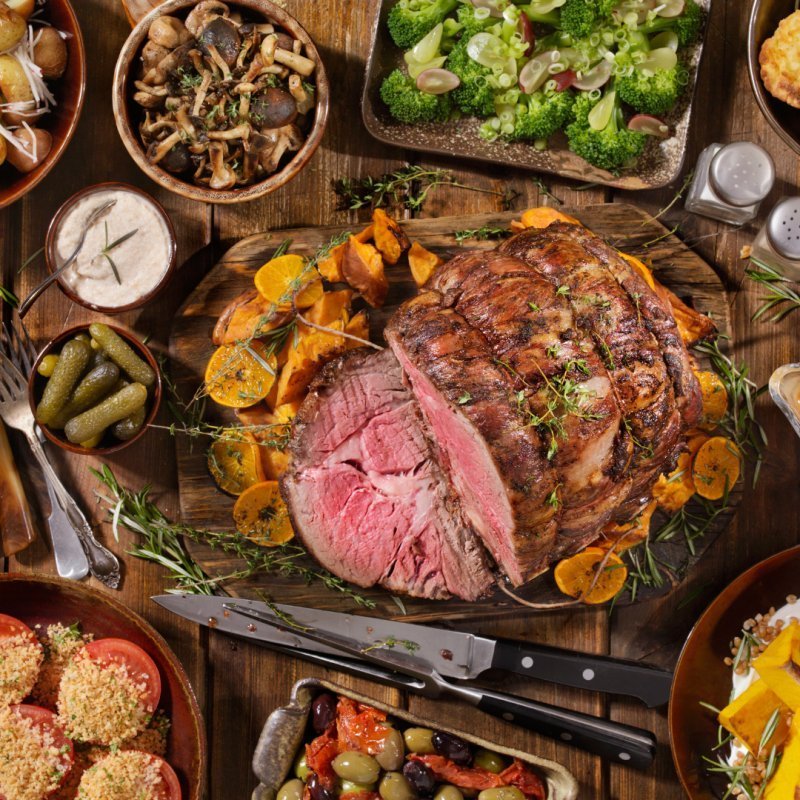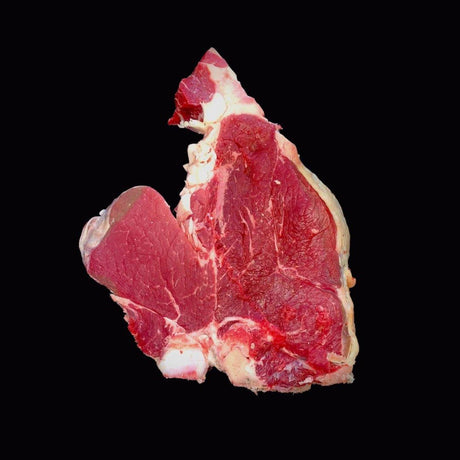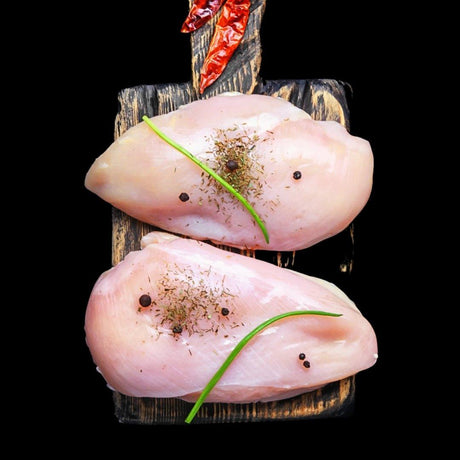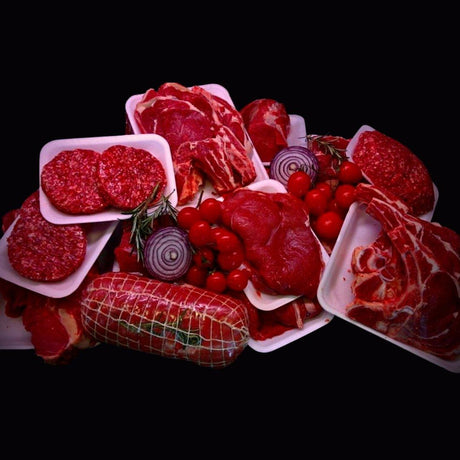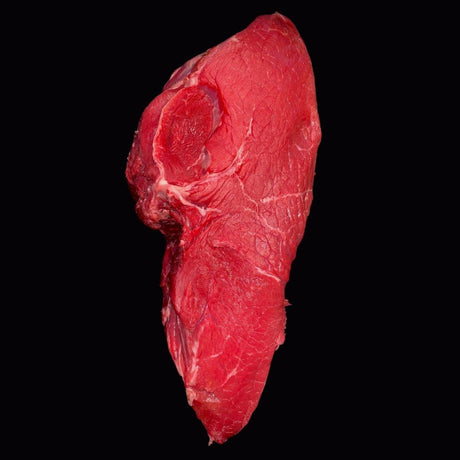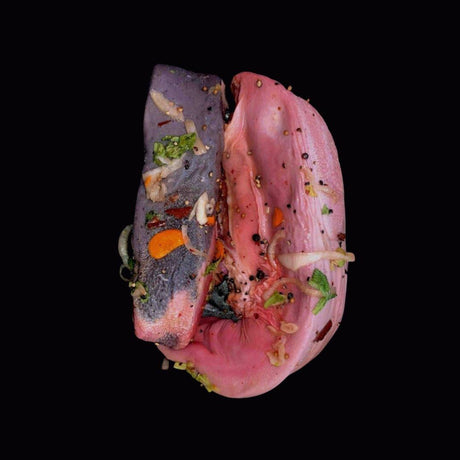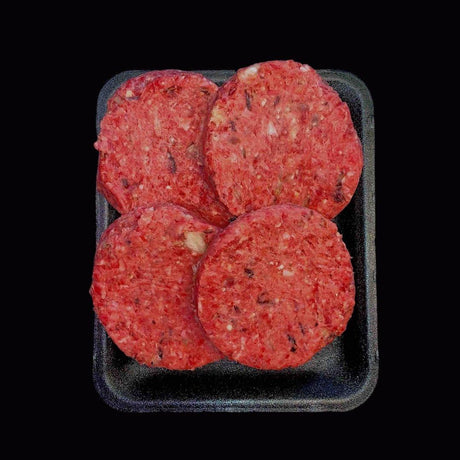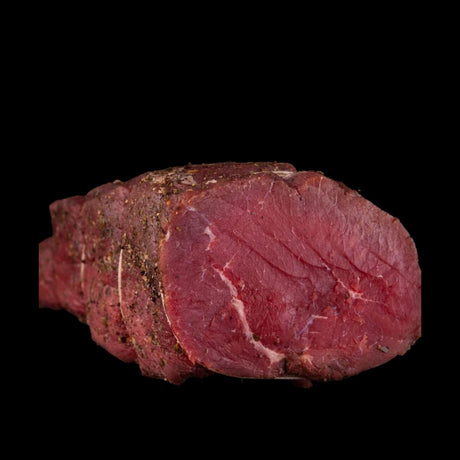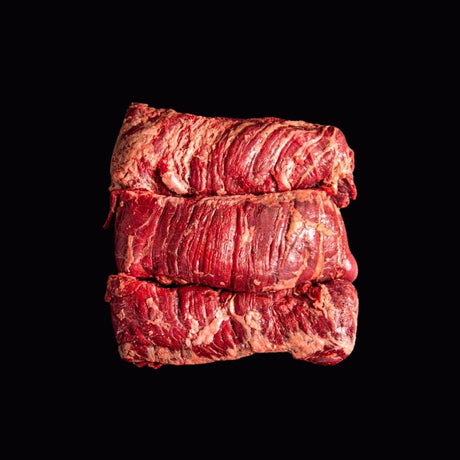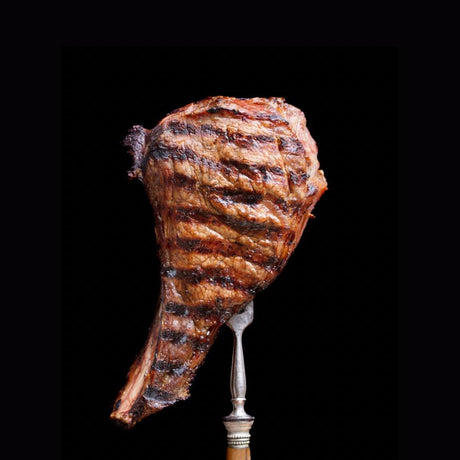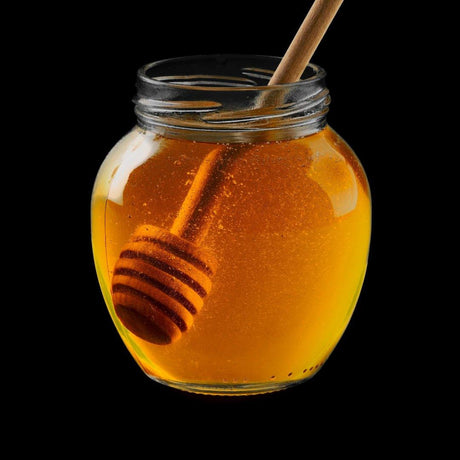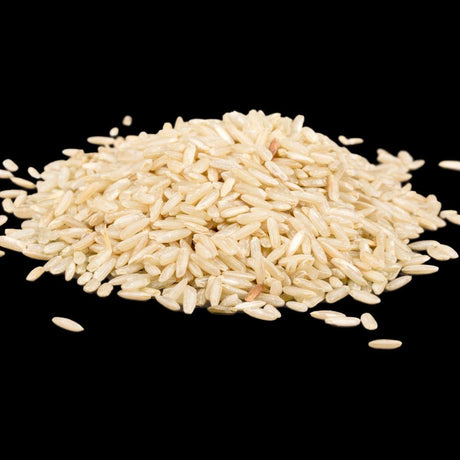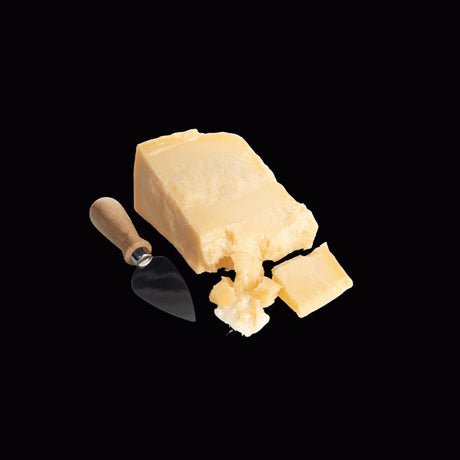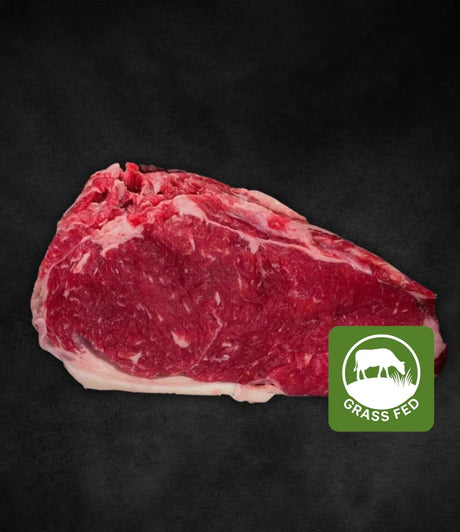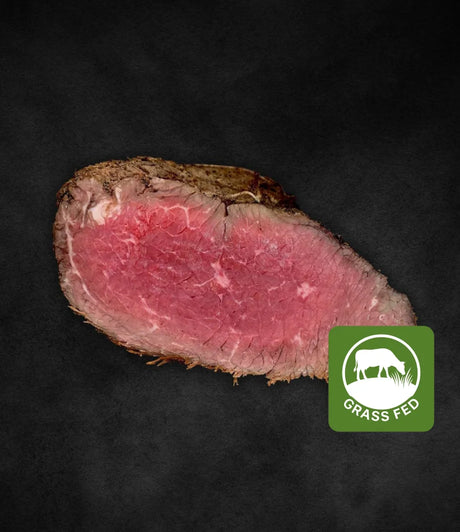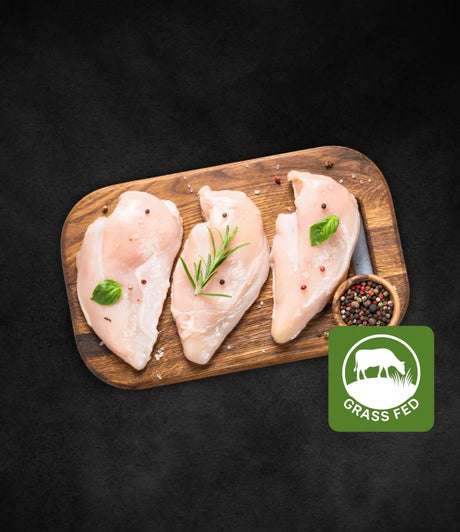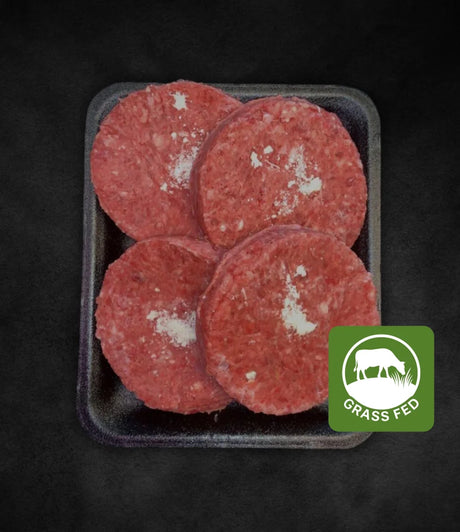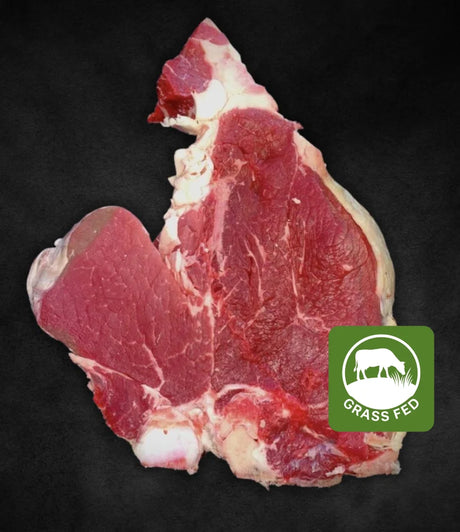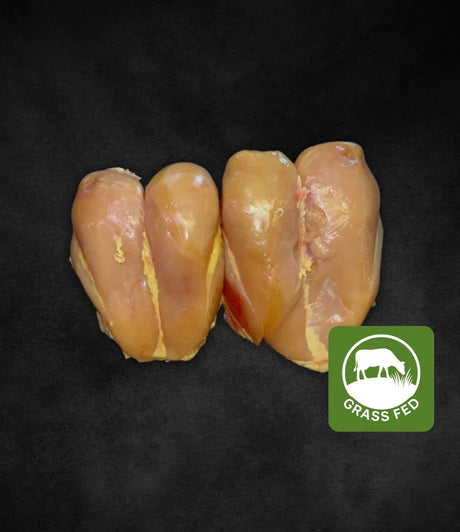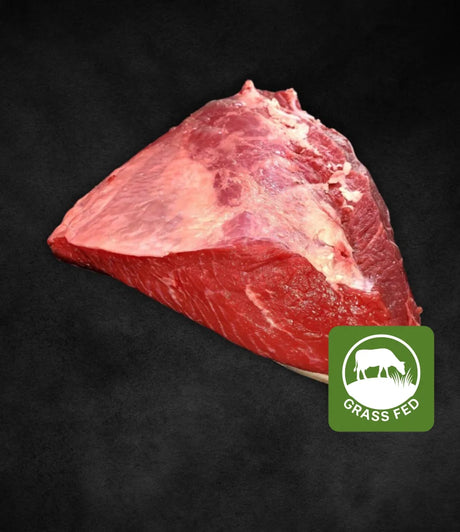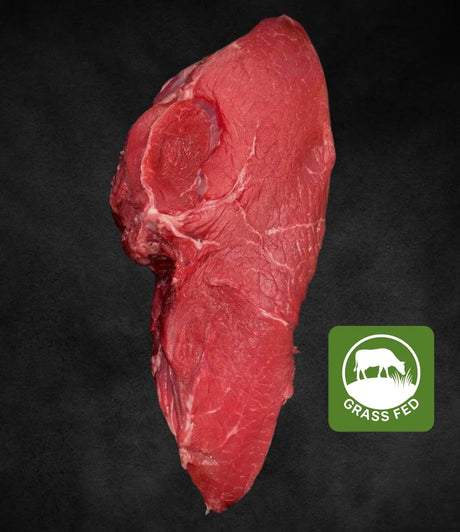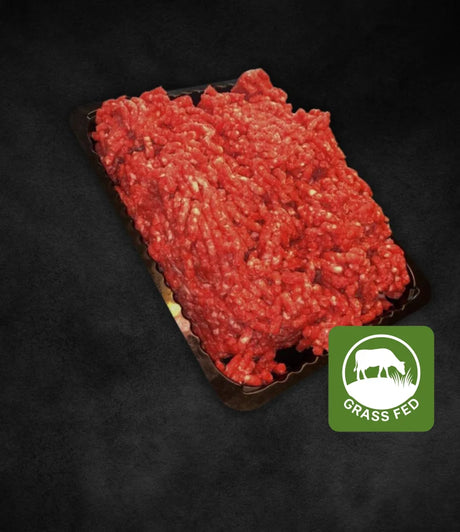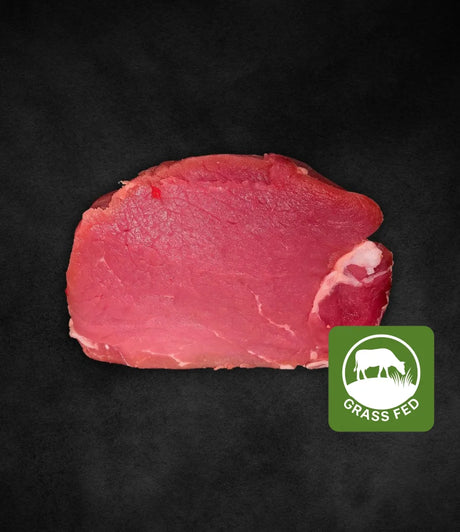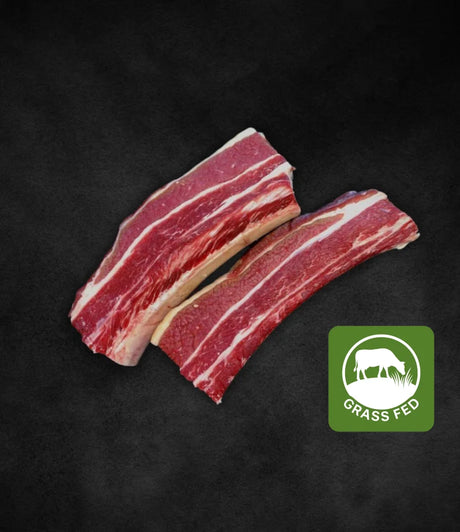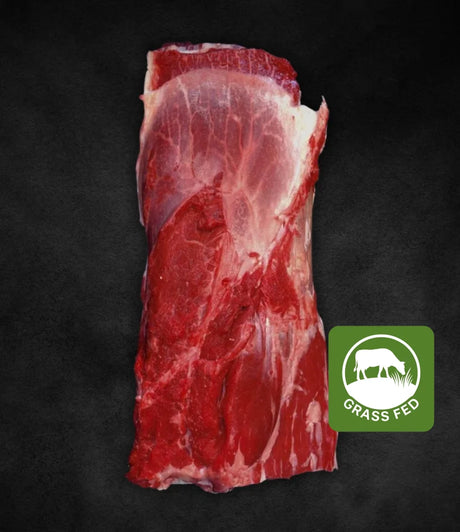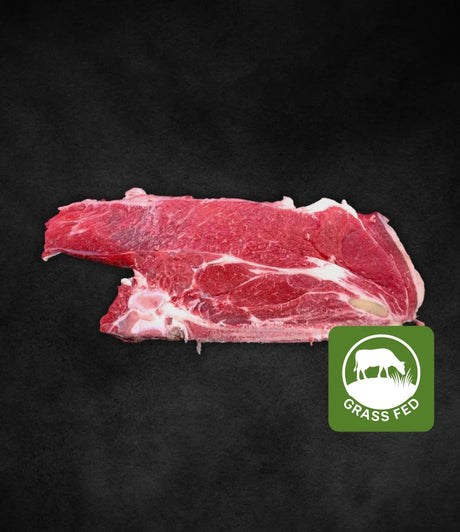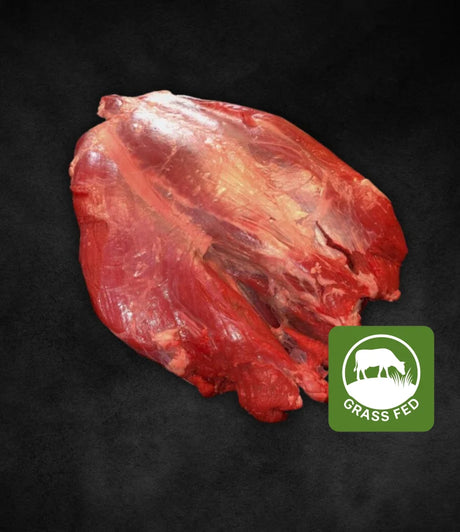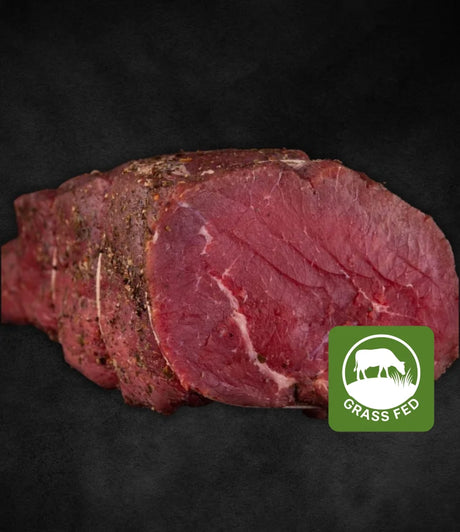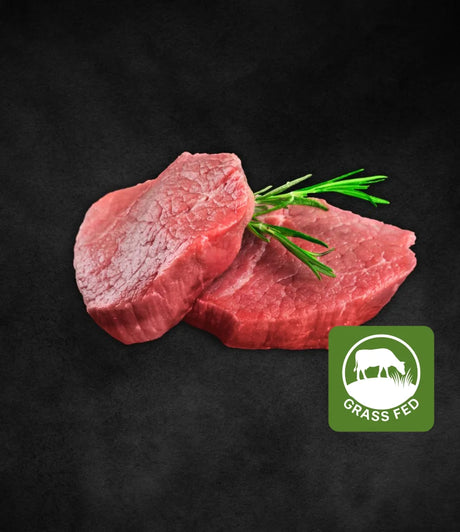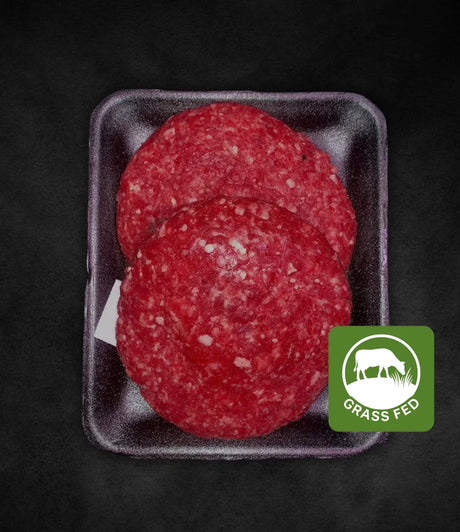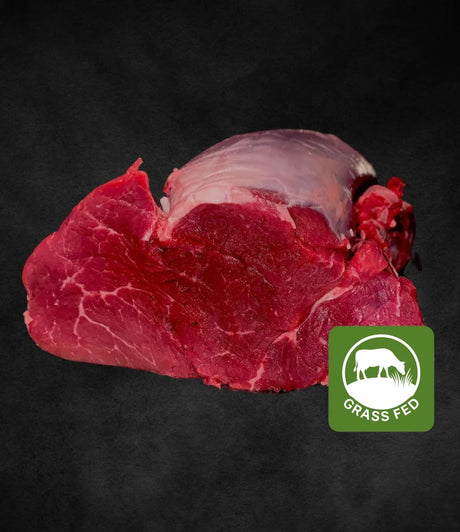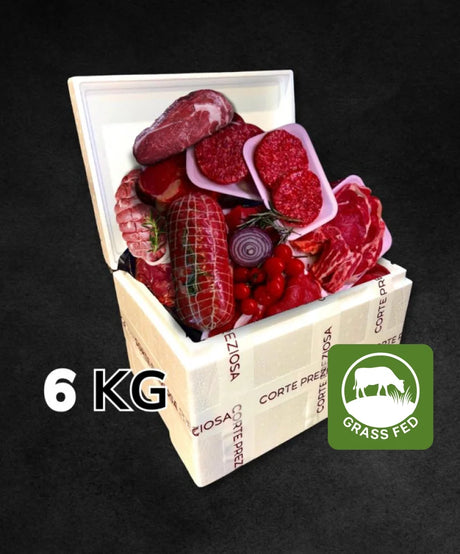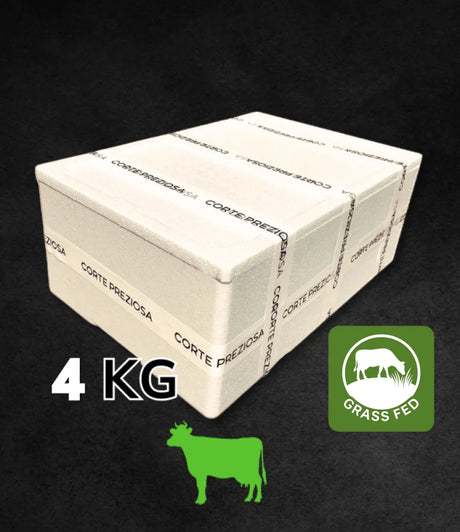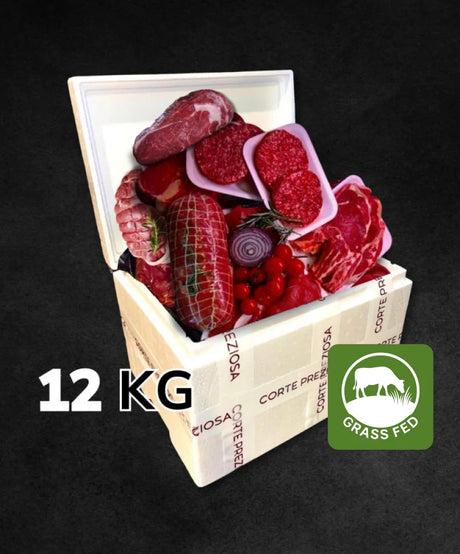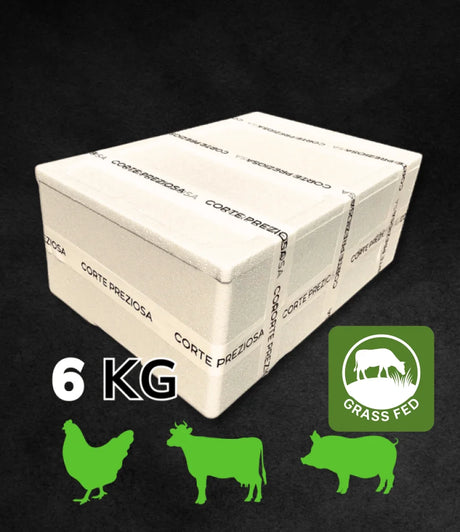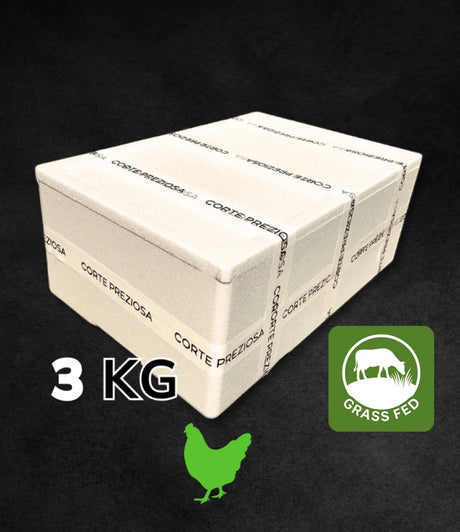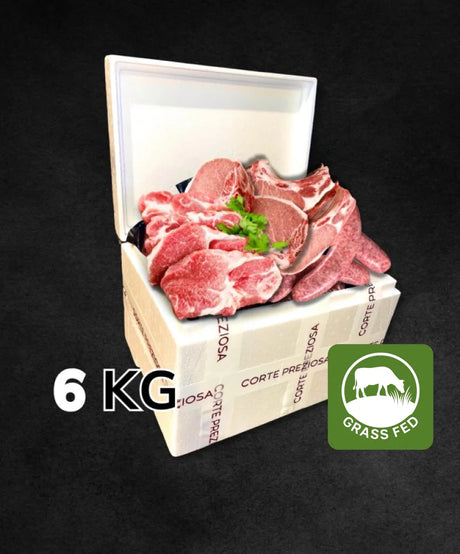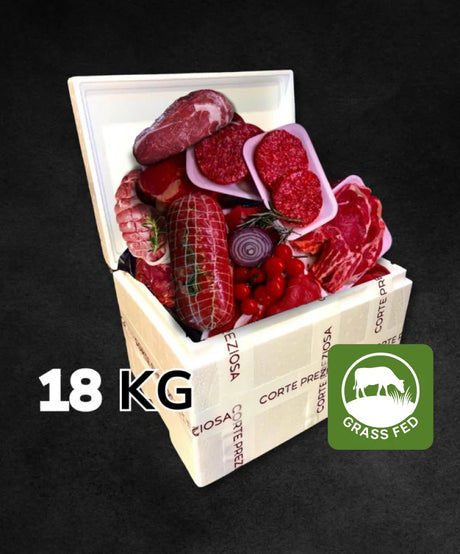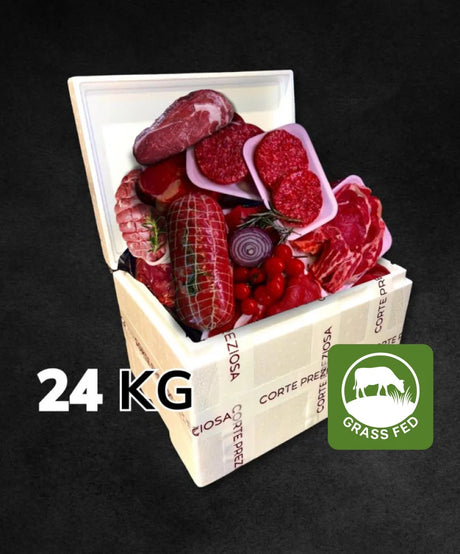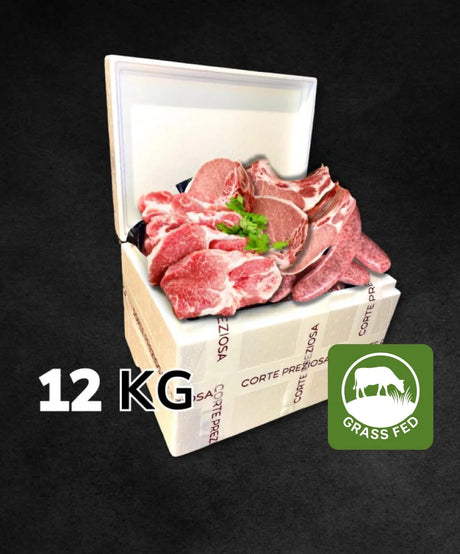Roast Beef: A Story of Tradition and Taste
Roast beef is a dish that needs no introduction: it is one of the most iconic dishes of Anglo-Saxon cuisine and, over time, has also managed to conquer the tables of many other cultures. But where does this delicious preparation come from? In this blog we will explore the history of roast beef, a dish that has marked centuries of culinary tradition, and how it has become a symbol of a gastronomic art that still fascinates gourmets around the world.
The Origins of Roast Beef
The history of roast beef has its roots in medieval England, but it was in the 17th century that this dish acquired its own identity, becoming a cornerstone of British cuisine. It was during this period that roast beef became an integral part of English popular culture, known for its simplicity and its ability to satisfy even the most demanding palates.
Legend has it that roast beef became the favorite dish of Charles II of England . It is said that the king was a great fan of roast beef, so much so that, during his reign, roast beef became the signature dish of court banquets. The dish's fame spread quickly, and from that moment on, roast beef made its way into British kitchens, where it became the star of Sunday family lunches. In England, Sunday was traditionally the day when families and friends gathered for a hearty meal, and roast beef was a must.
Roast beef thus became synonymous with conviviality and tradition. Over time, this dish also began to be associated with the concept of " middle-class cuisine ", because despite being a substantial and rich dish, it was accessible to a large part of the population.
"Roast beef" and England
Over the years, roast beef has also acquired a broader meaning, becoming a symbol of England's pride and power. The expression " Beefeater " (literally "eaters of beef") is still used today to refer to the soldiers of the Yeoman Warders , the guard of honour at the Tower of London. These soldiers were known for their love of roast beef, which was served to them as part of their daily ration. The dish became so emblematic that it even inspired the nickname of these soldiers.
Roast beef has also been the subject of numerous literary and theatrical works. A famous example is the satire of Henry Fielding , who in the 18th century wrote about the "Beefsteak Club", an exclusive club where men of culture and politics gathered to eat beef and discuss business. Roast beef was seen as the food of strength and determination, a symbol of the British character.
The Evolution of Roast Beef
Over the centuries, roast beef has seen many variations. While it was initially simply prepared with a large piece of beef, cooked in the oven with a few ingredients, over time various flavorings and sauces, such as horseradish or gravy, were added to accompany it. The cooking method, however, has remained unchanged: roast beef is traditionally cooked slowly in the oven, until it reaches the right browning and tenderness.
Today, roast beef is prepared in many countries outside of Britain, adapted to different tastes and combinations. For example, in the United States and Canada , it is often served with side dishes such as mashed potatoes and vegetables, while in France, roast beef is sometimes enriched with Provençal herbs and prepared in a more rustic version, with the addition of red wine to deglaze it.
Roast Beef Today
Although roast beef originated as a traditional English dish, it is now a dish found in many international cuisines. In Italian cuisines, for example, it is often served as a roast meat, with a side of potatoes or fresh salads. In some parts of the world, it is also used to make sandwiches and panini, where the meat is thinly sliced and accompanied by sauces and cheeses.
Despite the variations, the base of roast beef always remains the same: a high-quality beef, slowly cooked in the oven to ensure the right tenderness and juiciness. The beauty of this dish lies in its simplicity, which allows the natural flavor of the meat to be brought out to the fullest.
Conclusion
Roast beef is not just a dish, it is a true tradition that has spanned the centuries, evolving but always remaining faithful to its origins. From the court of Charles II of England, through the Sunday lunches of British families, to arriving on tables all over the world, roast beef is a symbol of conviviality, history and a taste that never goes out of style.
If you have never tried to cook a roast beef, I suggest you do it: it is a dish that, with a few ingredients and a little patience, can give you a real gastronomic experience. Because, as the English teach, "a good roast beef is a feast for the palate".
---------------------------------------------------------------------------------------

